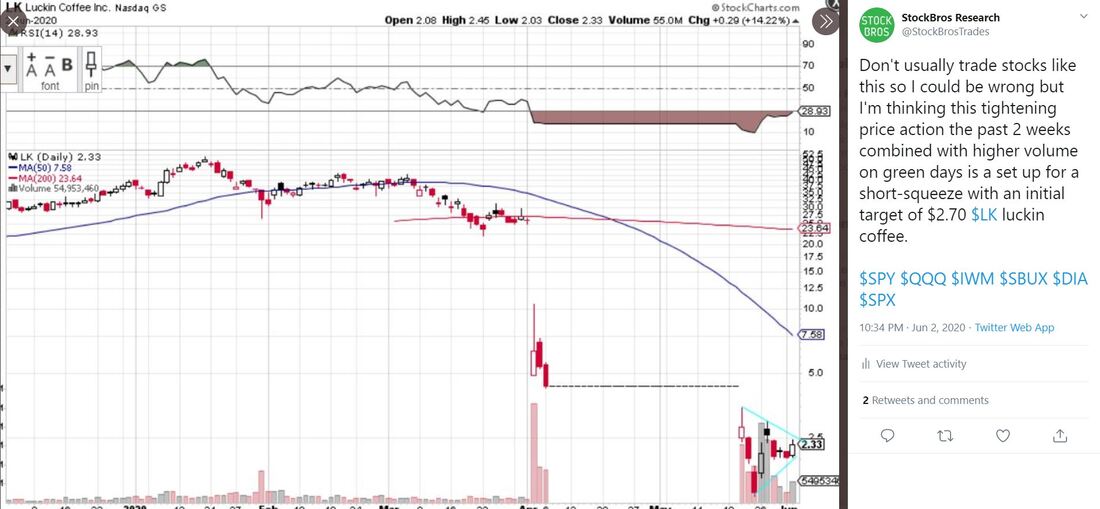

The explosive price rises ensure as it were, that the short-sellers are squeezed out of their positions.

This creates a snowball effect of rapidly rising prices, reinforced by the stop-loss orders. The purchases cause the price to rise, which, in turn, causes other short-sellers to close their positions. They then unintentionally have to buy back shares at lightning speed in order to avoid losses or to safeguard their profits. It happens when short-sellers are surprised by a sudden sharp rise in the price, for example, if good news about the company unexpectedly comes out. What is a short squeeze?Ī short squeeze is the worst nightmare for short-sellers. Positions are then automatically closed when the price hits a certain level. To limit the potential loss, most short-sellers use a stop-loss order. But because the price of a stock has no limit upwards, the theoretical loss for a short-seller is unlimited. Investors who simply buy a share, or go long, can, in the worst case, lose their investment if the price goes all the way to zero.
#Volkswagen short squeeze professional
Professional investors, such as hedge funds, often engage in short selling. But if the price rises, the short-seller suffers a loss because they have to buy back the shares at a higher price. The difference between the sale and purchase price is the profit for the short-seller. If the price subsequently falls, the short-seller buys the shares back at the lower price and gives them to the lender. A short-seller sells shares that they do not own but borrows from other investors, such as pension funds.

The “mother of all short squeezes,” as one analyst phrased it, led to an investor outcry alleging that they were duped by Porsche.ĭealers said those traders who had sold borrowed VW shares in the hope of buying them back at lower prices had been panicked by the announcement of Porsche’s holding.Anyone who wants to profit from a price drop can go short. This compared with an average 5 percent for all DAX stocks. It said it was announcing its plans because the number of short positions in VW were considerably higher than it expected and it consequently wanted to give investors the chance to unwind their bets “without haste and without greater risk.”Īround 12.8 percent of Volkswagen’s entire market capitalization was on loan as of October 25, the most recent day for which data was available, according to financial market data consultant. Porsche’s statement on Sunday revealed that it had raised its direct stake to 42.6 percent, held a further 31.5 percent in cash-settled stock options and that it intended to increase its holding in the world’s third largest carmaker to 75 percent next year. In March, when Porsche was still sitting on a long-held 31 percent direct stake, it said it was not seeking to increase its holding to 75 percent, bearing in mind that the state of Lower Saxony holds a 20 percent stake in VW. The share price has rocketed since Porsche revealed in a surprise announcement on Sunday that it had effectively gained control of 74 percent of Volkswagen’s voting shares. VW shares later closed trading on Tuesday up 82 percent at 945 euros. Short sellers desperate to close their positions paid as much as 1,005 euros a share during the session following Sunday’s news that there was less than 6 percent of VW voting stock still floating in the market.Īt that price Volkswagen's voting stock was worth 296 billion euros ($370 billion), or more than the $343 billion market capitalization of Exxon Mobil XOM.N. A share trader points on the curve showing the course development of the shares of German car manufacturer Volkswagen AG on a trading terminal at the German stock exchange in Frankfurt, October 28, 2008.


 0 kommentar(er)
0 kommentar(er)
